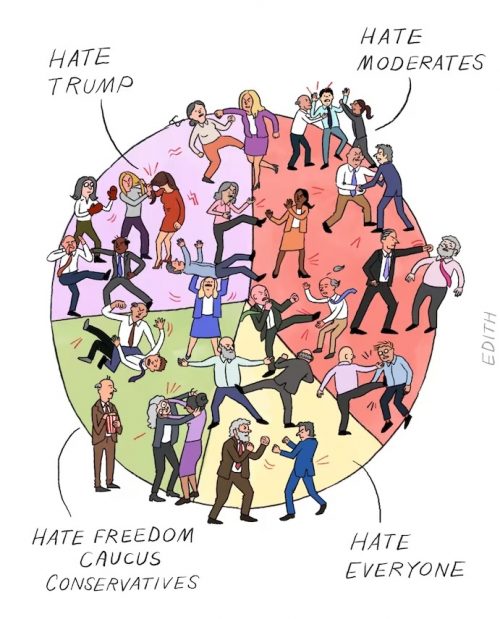Some of the philosophy students at my university have asked me to participate in a debate, on my campus, with a fellow named Perry Hendricks. I am like putty in my students’ hands, so I tentatively agreed, with the caveat that I’d like to see what proposition would be debated. The students have come back with their “specific” question. It is…
Does God exist?
I was in the middle of a meeting when that email flew across my view, so it was extremely difficult not to groan aloud and facepalm myself. Just too bleh.
My answer is no, of course, and I assume his will be yes. Are we done already?
The meat of any discussion has to be how that question will be answered, and I don’t see any hint of what approach will be taken, or what the epistemology of any answer will be — it’s just way too broad. I know how I’d approach the question, but I suspect we could easily end up talking past each other.
So now what? Do I say the topic is either ridiculously broad or too subjective and say forget it or go back and revise it, or do I just bull my way through the pathetic question, leaving no survivors?
I’m asking you, the readers, what you think I should do. You know what I think of debates, the only thing that persuades me to do this one is that it’s the students and it’s local.











